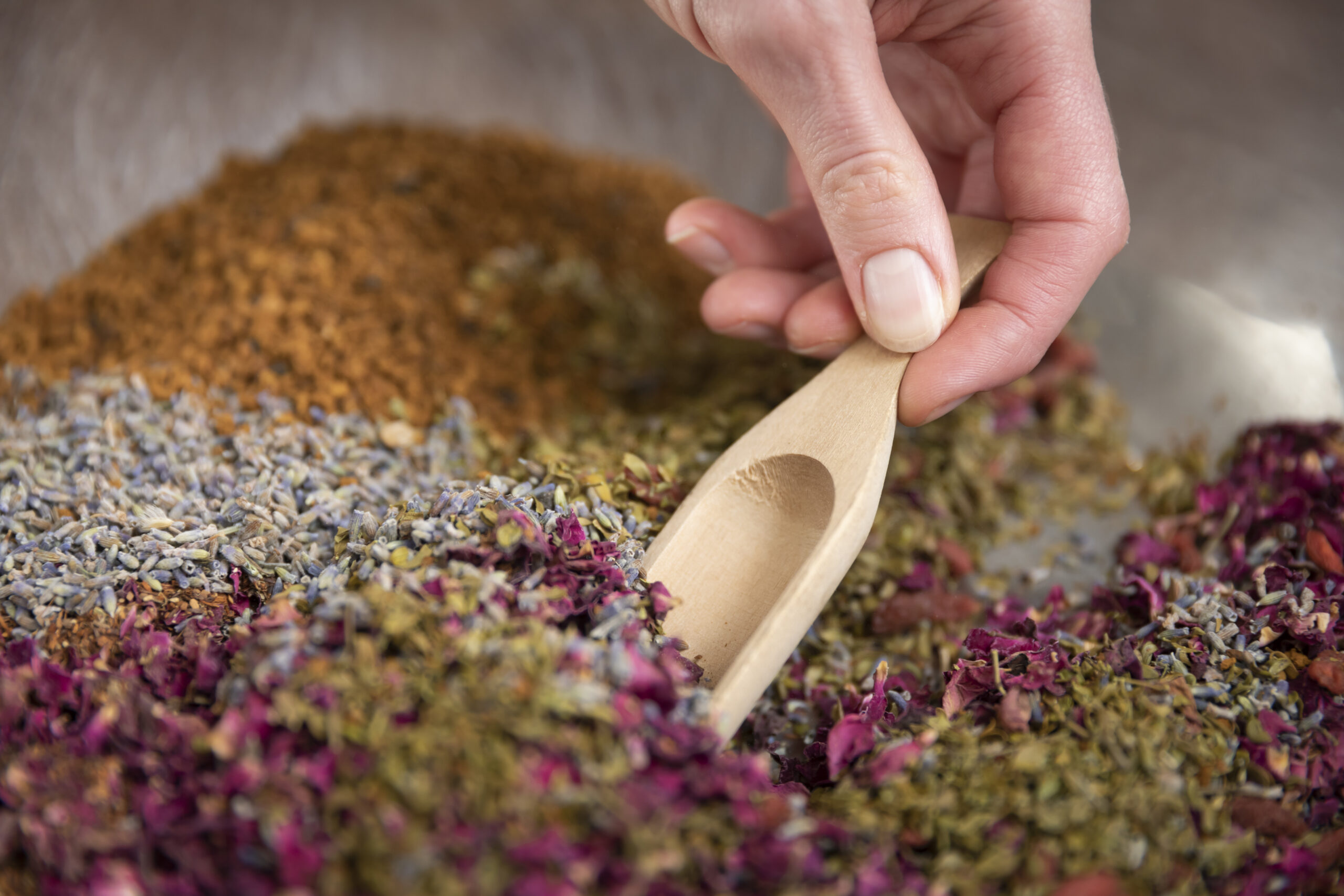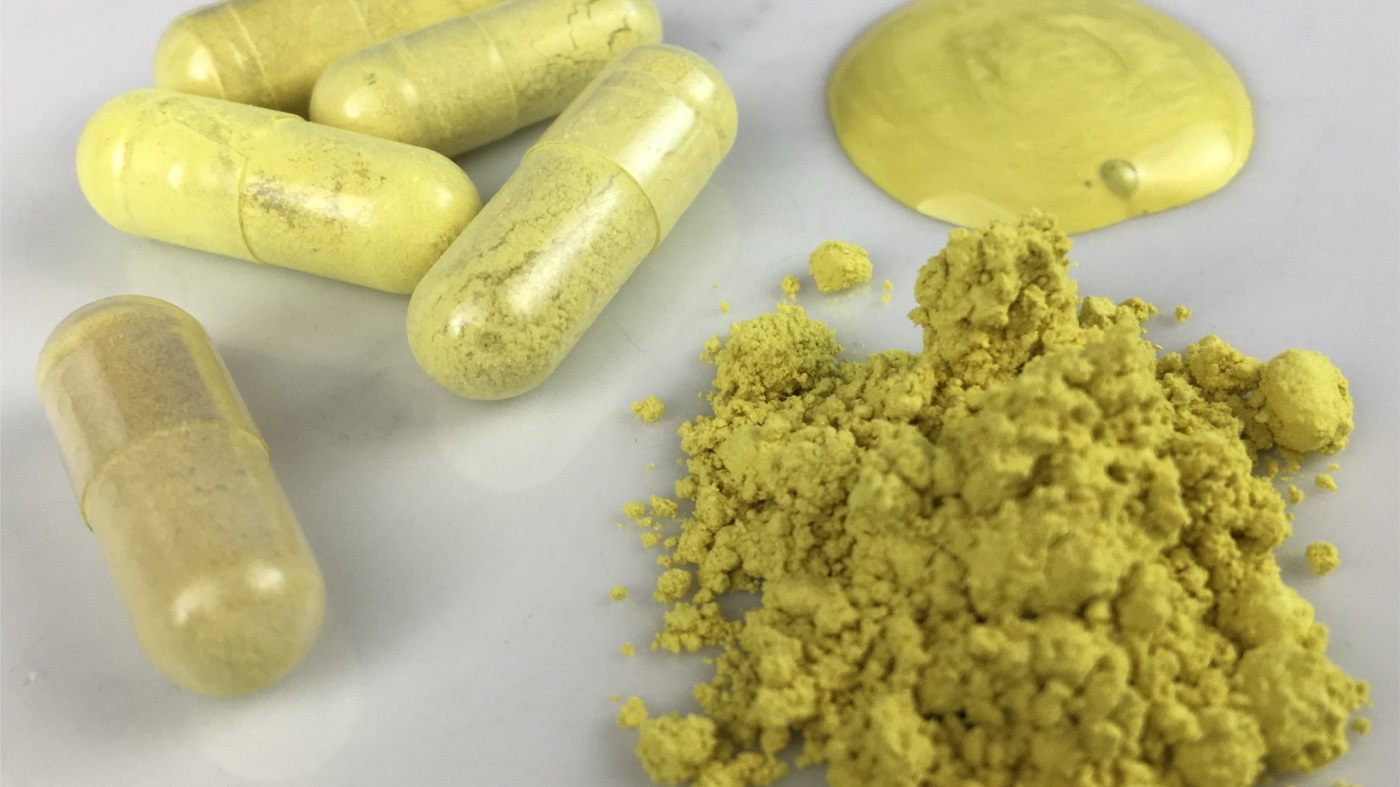In the aggressive response to the global health emergency, many are having a hard time trying to find reliable data to effectively address a host of concerns about the virus itself, as well as the short and long-term risks associated with the new vaccines (currently Moderna and Pfizer), especially due to their origins (mRNA), potential adverse effects, and whether or not they will be effective against the new variants. There are many questions and concerns, and not a lot of data, given the short time the pandemic and the vaccines have been in existence. Many are also wondering whether or not they are protected from the virus if they have already gotten it and have built antibodies. The media has led us to believe that natural immunity is not effective at preventing a second infection however, according to the scientific data, natural immunity is highly protective, at least in the first six months to a year (the time frame for which we have data).[1],[2] COVID-19 continues to be an evolving disease that requires a sophisticated and myriad approach. A wholistic framework employing traditional herbal medicines and key nutrients to support the immune system and mitigate side effects is an important and under-recognized strategy in this complex environment. Several Asian countries are studying herbal medicines in COVID-19 as part of a multifaceted approach to control the severity and morbidity of the disease.
Continue reading “COVID-19 Vaccines, Variants, Immune Health and Traditional Medicine Use Across the Globe”Understanding and Assessing the New Covid-19 Vaccines
My intention for this article is to give you scientifically valid information about the Covid-19 vaccines so that you can make an educated decision about whether or not to get one. Personally, I have complete faith in the tools I employ to optimize my own health and support my immune system to protect me from becoming ill. My opinion is that for those who are not in great health or are not taking a health supportive protocol (including supplementing with, at a minimum, vitamin D and zinc), those over age seventy-five, anyone who is obese, and those with a pre-existing condition(s), the vaccine would be a wise choice given the high risk of long-term complications and death in these populations.
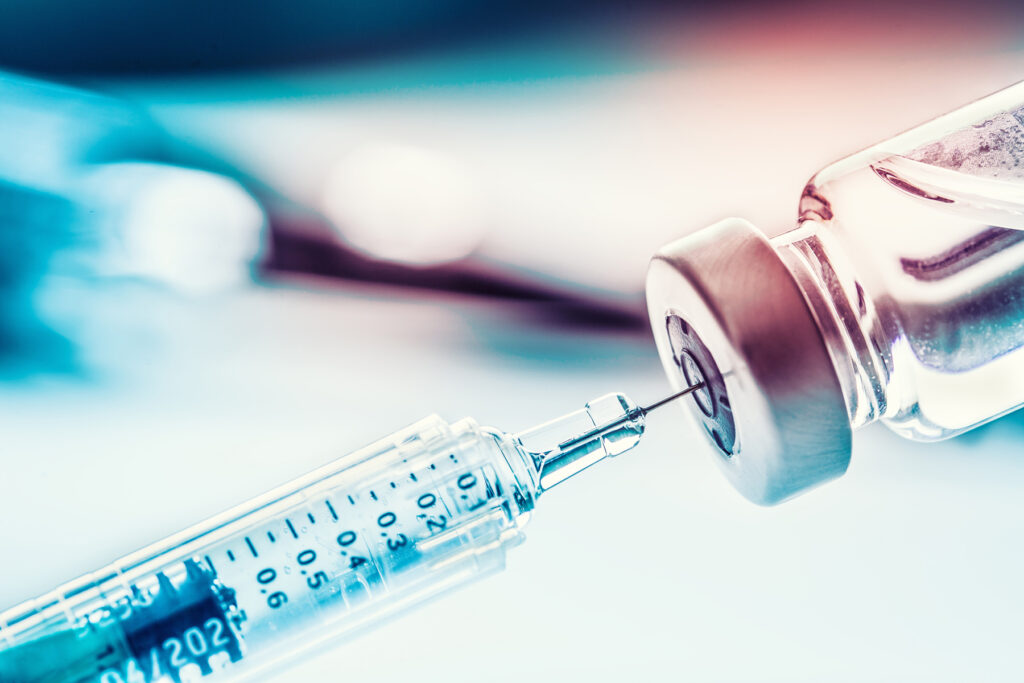
In addition to all the many benefits of herbal medicines against viral infections, which I will discuss here further, nutrition is equally as important and essential to boosting the immune system. According to the World Health Organization, healthy foods rich in vitamins and minerals and adequate hydration are vital to wellness. Individuals consuming a well-balanced diet are healthier with a strong immune system and have a reduced risk of chronic illness and infectious diseases. Insufficient levels of zinc, vitamin D, selenium, vitamin C, vitamin E, and other important nutrients can lead to coronavirus infection.[1],[2],[3] Zinc in particular plays a critical role in all components of the immune system. A brand-new study just published found that low zinc levels are associated with severity of Acute Respiratory Distress Syndrome by Covid-19. [4] Eating a diverse, wholesome, plant-based diet and supplementing with these key nutrients has never been more important!
Continue reading “Understanding and Assessing the New Covid-19 Vaccines”Hope, Wisdom and Science from the Plant Kingdom in the Ongoing Covid Crisis
Viruses are one of the oldest organisms on Earth. They consist simply of a protein envelope and nucleic acids, which renders them unable to replicate outside of a host. Some viruses, such as influenza, can both rearrange compatible genes and mutate on a regular basis in order to remain invisible.[1]
Interestingly, the main benefit of herbs is their working relationship with our own innate ability to ward off pathogens, such as viruses. This in part is what makes herbal medicine so unique. Although herbs provide some direct anti-viral activity, they primarily act in a non-specific, adaptive manner.
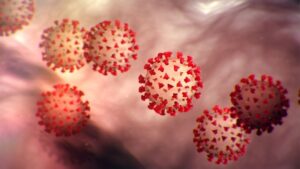
There’s No Substitute for Sunlight: The Essential Influence of Nature’s Sunshine Vitamin on Health
The distribution of community outbreaks of the current global pandemic shows seasonal patterns associated with latitude, temperature, and humidity, which is similar to the behavior of seasonal viral respiratory tract infections.[1]

The seasonality of many viral infections is associated with a lack of sunlight, which results in low 25(OH)D concentrations and an uptick in diseases such as respiratory syncytial virus (RSV) infection.[2],[3],[4] While it’s obvious that winter in temperate climates interferes with sufficient exposure to ultra violet rays, the rainy season in tropical climates also results in low UVB exposure.
Continue reading “There’s No Substitute for Sunlight: The Essential Influence of Nature’s Sunshine Vitamin on Health”Quercetin’s Remarkable Health Benefits
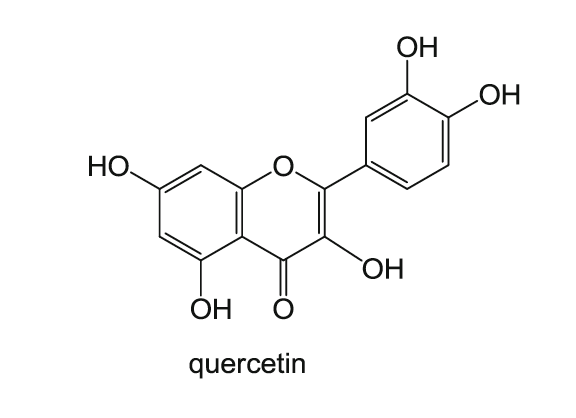
The vibrant colors we observe in plants serve a different role depending on the organism being considered. For the plant itself, the pigments may aid in the absorption of light and photosynthesis, as well as contribute to metabolism and reproduction. For birds and insects, the pigments provide a signal to the availability of food, such as nectar or pollen. For humans, the pigments may provide a clue of the type of health benefits we are likely to incur upon ingestion.
Continue reading “Quercetin’s Remarkable Health Benefits”Herbal Remedies for Acute Viral Infections
The Traditional Medical System Perspective
Long before the advent of modern conventional medicine, traditional doctors in the East and Western herbalists from the Vitalist and Eclectic traditions were using plants to help people overcome infectious acute diseases. The constellation of symptoms that the patient presented with were considered to be caused by the entrance of pathogenic influences into the body, and appropriate herbal remedies were administered to alleviate symptoms while addressing underlying constitutional imbalances.
Continue reading “Herbal Remedies for Acute Viral Infections”
